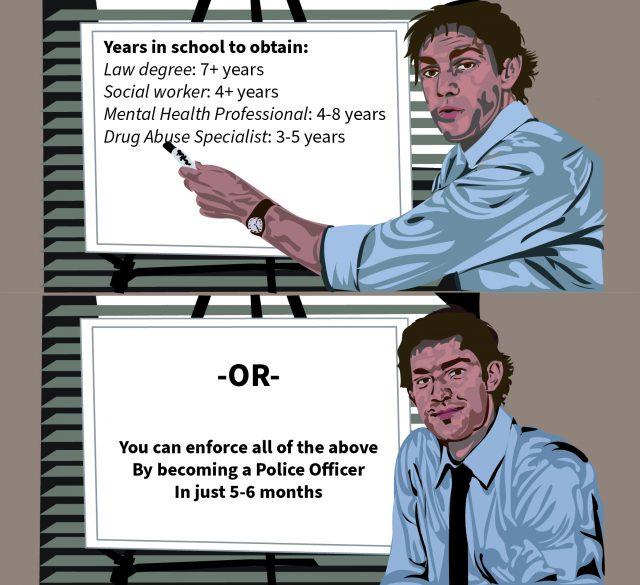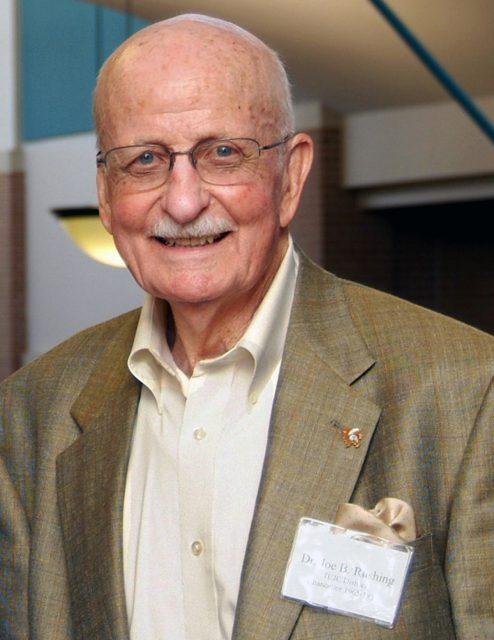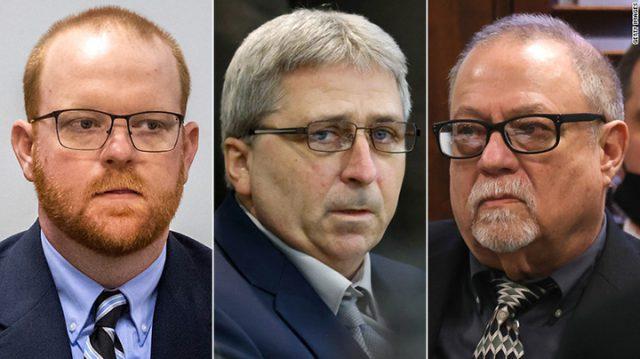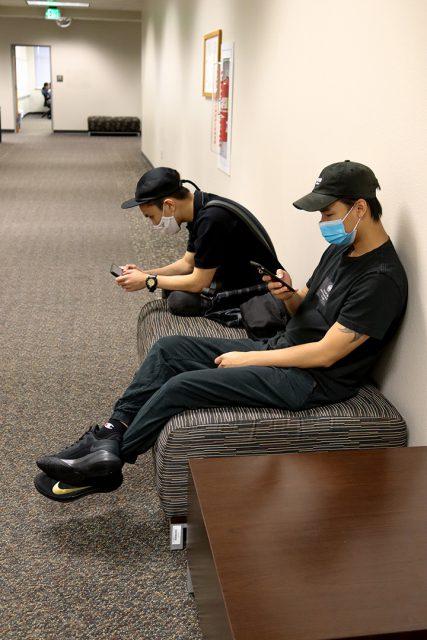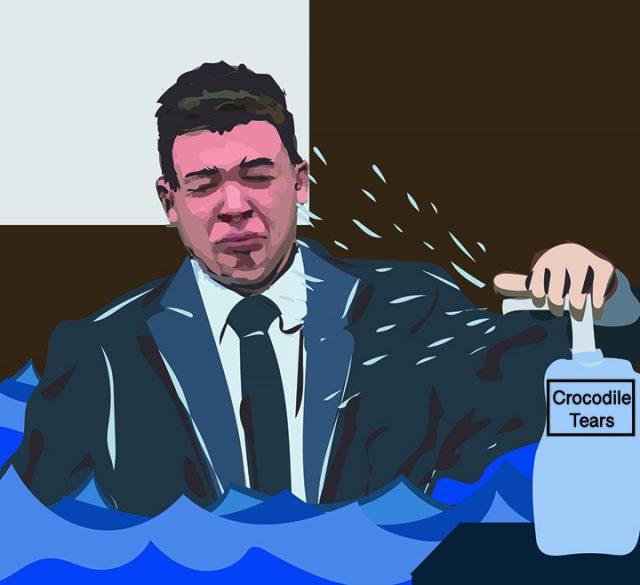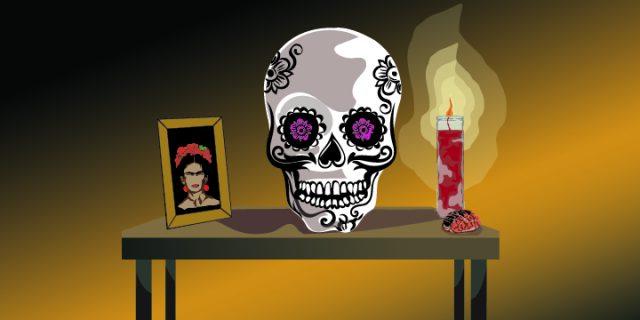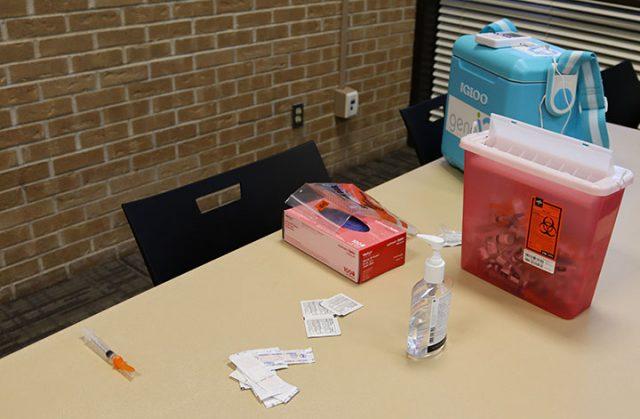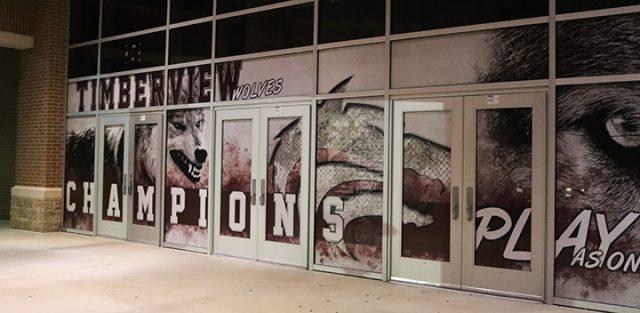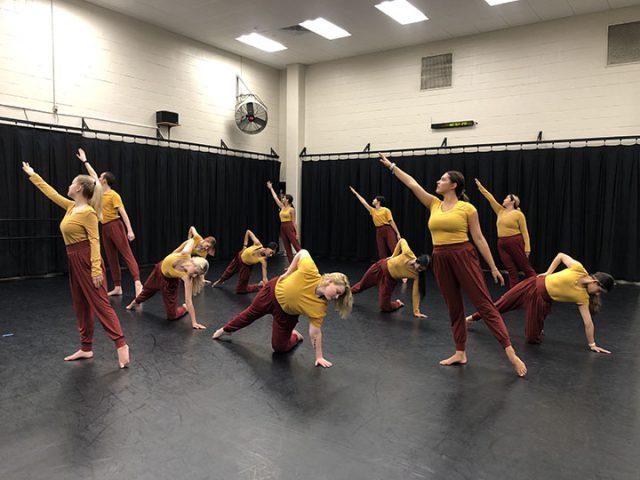Social media has provided us with videos of shootings, racial issues and riots, making it apparent that some police officers are pushing their authority too far.
The Black Lives Matter movement was about bringing justice for those who have been misjudged by law enforcement. It was also one of the largest movements in U.S. history since tens of millions participated, according to The New York Times. During this movement, there was an outcry for police reform. One of the sparks to the discussion was the murder of George Floyd by former police officer Derek Chauvin. The discussion had been ongoing before the murder, but mass news coverage of it brought the topic back to the forefront. Unfortunately, this was one of many cases of police brutality.
Cases like Breonna Taylor and Daunte Wright showed even after Floyd was murdered that this is an ongoing issue that has yet to be solved.
The biggest issue with police officers’ behavior in these situations is how brutal they act, and that can be attributed to a multitude of reasons. Officers in these situations seem to judge by a person’s appearance rather than how a person acts. They are quick to make assumptions rather than figure out the facts.
The way some officers rush to violence instead of determining another solution is indicative of a lack of training. Oftentimes when training is discussed people hear about how harsh the aptitude trials are, gun handling and how officers are taught to handle the equipment.
The mental side of training is rarely heard about such as how officers are taught to act in certain situations. That’s because instead of funding various training catered toward dispute resolution, funds are allocated toward weapons and gear when they could be used more efficiently elsewhere. The U.S. has spent over $15.4 billion on the militarization of law enforcement, according to Insider. These funds should be used for proper education for young cadets so they can be taught how to handle situations in a non-violent manner.
That’s not to say officers aren’t trained at all. Recruits are required to take a psychological exam in a screening that’s designed to evaluate whether they can handle the stress that accompanies a career in law enforcement. But, here’s the kicker. Police academies last five to six months in total and only about eight hours are spent on mediation skills, according to the Harvard Kennedy School Institute of Politics.
Fortunately, it is required for police officers to take a course that helps them determine if they’re dealing with someone that has a mental illness, according to the Department of Justice.
Also, they take an exam called the Multiphasic Psychological Inventory. The MMPI only asks how a person is doing psychologically; it does not place a person with the current action sequence. It asks questions on how a person is doing mentally, but it doesn’t ask how they will handle themselves under very serious situations with a victim. This makes room for questions that can be easily manipulated by the person taking them. The test does not help determine how cadets will act upon going out into the field and being put in a serious altercation, and it also doesn’t determine if they’re using the proper protocol.
Another thing that needs to be implemented is stricter punishments for officers who have committed a crime and abused their power. A recurrence in cases such as Floyd’s is that the officer is given paid leave, even though there was evidence showing Chauvin killing him. Innocent people lose their lives to a situation that could’ve been prevented with the proper training. Families mourn over a loved one while these officers are having a good time off knowing they will be paid, lacking the proper repercussions.
While schools can barely get funds for educational materials, officers continuously get money for equipment they shouldn’t even be using. Their money should be more focused on the training they provide these officers. There needs to be a change. The fear of police won’t go away until something is done about it. The world doesn’t need a repeat of 2020.






















